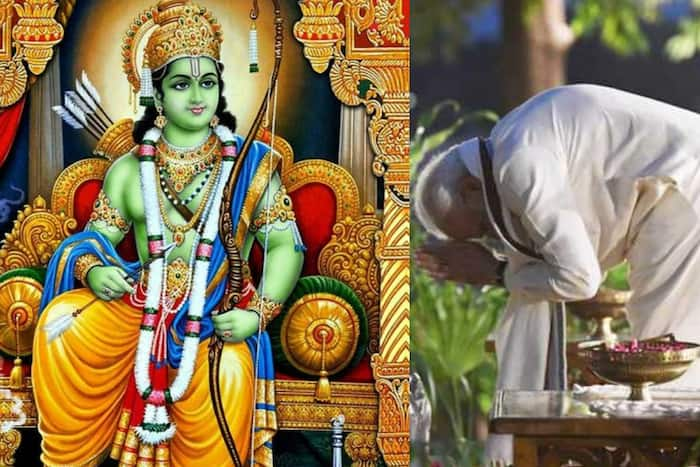
[ad_1]
Prime Minister Modi will address a distinguished gathering on the occasion.

PM Modi In Ayodhya: Prime Minister Narendra Modi will participate in the Pran Pratishtha (consecration) ceremony of Shri Ramlalla in the newly built Shri Ram Janmbhoomi Mandir in Ayodhya at around 12 noon on 22 January 2024. Earlier in October 2023, the Prime Minister received an invitation from the Shri Ram Janmbhoomi Trust for the Pran Pratishtha ceremony.
The historic Pran Pratishtha ceremony will be attended by representatives of all major spiritual and religious sects of the country. People from all walks of life including representatives of various tribal communities will also attend the ceremony. Prime Minister will address this distinguished gathering on the occasion.
Prime Minister will interact with shramjeevis associated with the construction of Shri Ram Janmbhoomi Mandir. Prime Minister will also visit the Kuber Tila, where the ancient Mandir of Bhagwan Shiv has been restored. He will also perform Pooja and Darshan at this restored temple.
The magnificent Shri Ram Janmbhoomi Mandir is constructed in traditional Nagara style. Its length (east-west) is 380 feet; width 250 feet and height is 161 feet; and is supported by a total of 392 pillars and 44 doors. The pillars and walls of the temple showcase intricately sculpted depictions of Hindu deities, gods, and goddesses. In the main sanctum sanctorum on the ground floor, the childhood form of Bhagwan Shri Ram (the idol of Shri Ramlalla) has been placed.
The main entrance to the Mandir is situated on the eastern side, which can be approached by ascending 32 stairs through the Singh Dwar. There are a total of five Mandaps (Halls) in the Mandir – Nritya Mandap, Rang Mandap, Sabha Mandap, Prathana Mandap and Kirtan Mandap. Near the Mandir is a historic Well (Sita koop), dating back to the ancient era. In the southwestern part of the Mandir complex, at Kuber Tila, the ancient Mandir of Bhagwan Shiv has been restored, along with the installation of a statue of Jatayu.
The foundation of the Mandir has been constructed with a 14-meter-thick layer of roller-compacted concrete (RCC), giving it the appearance of artificial rock. No iron is used anywhere in the Mandir. For protection against ground moisture, a 21-foot-high plinth has been constructed using granite. The Mandir complex has a sewage treatment plant, water treatment plant, water supply for fire safety, and an independent power station. The Mandir has been constructed employing the country’s traditional and indigenous technology.
[ad_2]